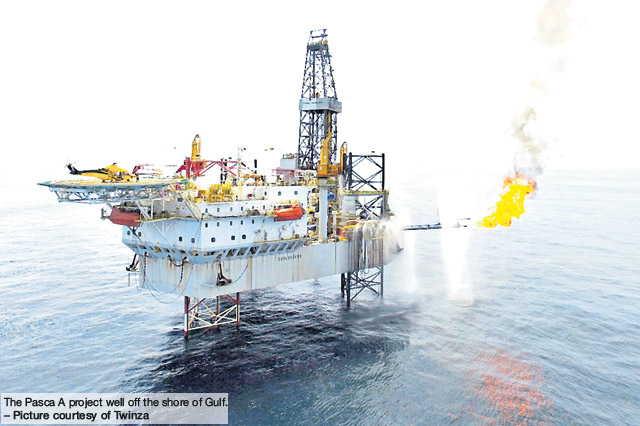PNG Government's Terms sending negative message to Foreign Investors : Economist
AN economist says negotiations between the Twinza Oil Ltd and the Papua New Guinea Government is expected to continue but trying to change terms at the eleventh hour is sending a negative message to foreign investors.
Marcel Schroder, an economist in the macroeconomic research division of the Asian Development Bank, was responding to the Government’s decision relayed to the company on April 16 that it now requires a six per cent production levy to sign the agreement for the Pasca A gas project offshore of Gulf.
Schroder said they were close to reaching an agreement.
“This is four per cent higher than the production levy that was agreed as part of the comprehensive terms for Pasca A, negotiated by the State negotiating team and announced by Prime Minister James Marape last Sept 24,” he said.
Schroder said in general, an investor would pull out if the expected benefits of its outside options exceeded those of the project being negotiated. “Outside options for the investor could be projects in other countries,” he said.
“Outside options for the Government are leaving the resources in the ground.
“A new investor may come forward if they view it as financially beneficial.”
Schroder said such moves indicated that future investors could be concerned that the government might try to renegotiate the agreement once production was under way.
“They might also be concerned about this happening in other future agreements,” he said.
“Since any investor requires to be compensated for higher incurred risks, this can weaken the government’s bargaining position, and, thus, negatively affect its take in future projects.
“Economically, it was sensible of the negotiation team to ask for early revenues from the project.
“These can be used for financing development projects and they will aid macroeconomic stability.”
The National / Pacific Mining Watch




Disclaimer: We are not a Recruiting Agent. This is a mining jobs noticeboard platform. Refer to post links in each job posted for details!